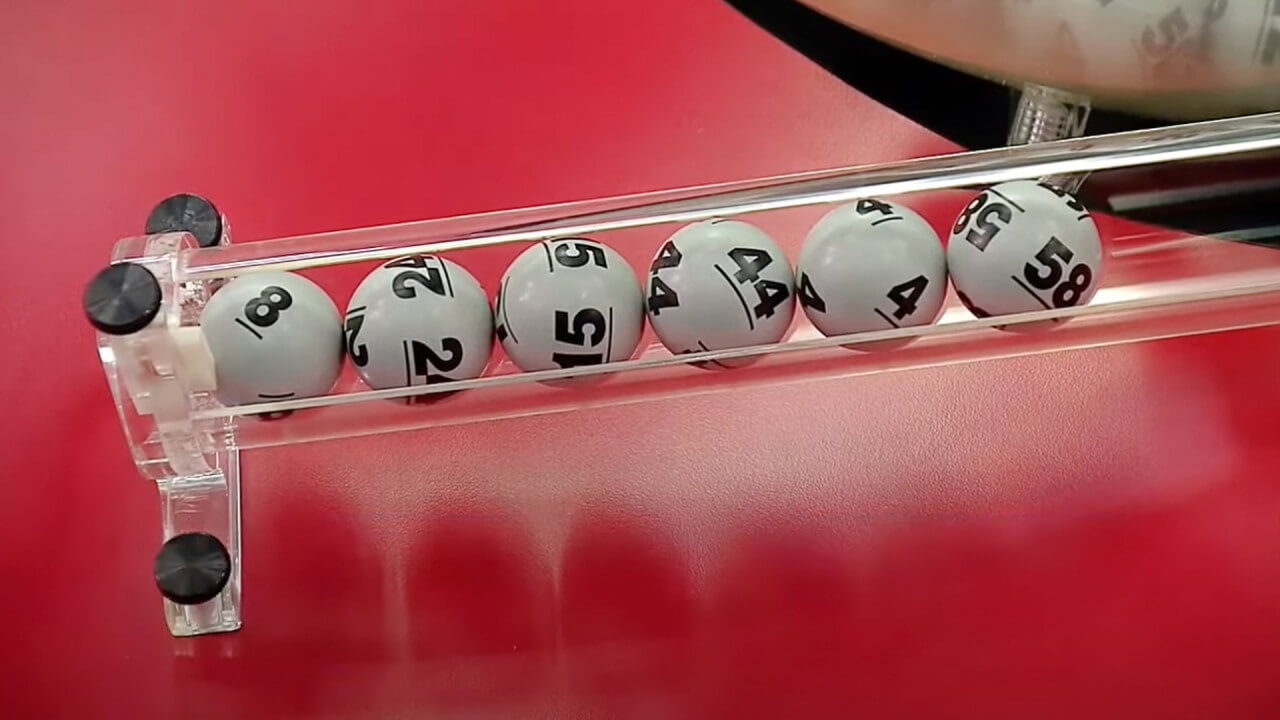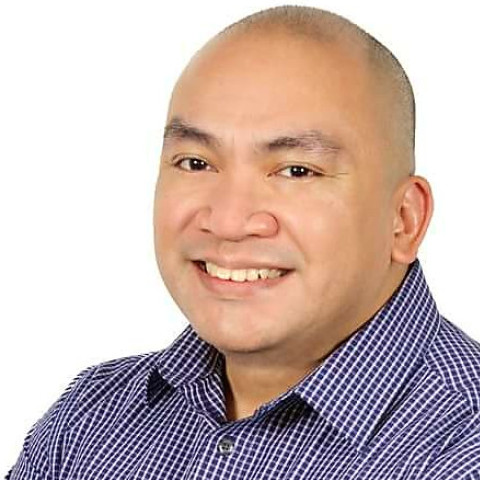

Despite this, the new digital betting platform produced its second major prize winner on Friday night when a resident of Quezon province guessed all six digits of the “Ultra Lotto” draw through ticket purchase online.
“He made a single P20 bet via e-lotto,” PCSO general manager Melquiades Robles told InsiderPH. “And this was our most difficult game.”
Winning the Ultra Lotto tri-weekly draw requires a better to guess six winning numbers out of a possible 58. The odds of this happening on any given draw is a staggering one out of 40.4 million.
Robles said he was at the PCSO office on Friday evening witnessing the draw, and initially thought there would be no winner after the numbers 44 and 58 emerged from the random draw during the live-streamed event.
“Many Filipinos bet on their birth dates, so when high numbers beyond the calendar dates are drawn, I thought, maybe there won’t be a winner tonight,” he said of Friday’s P150 million jackpot. “The winner — a single male registered from Lucena, based on the e-lotto customer record — really chose these numbers.”
“It wasn’t even a ‘lucky pick’ bet,” he said, referring to a lotto feature where one could bet on a randomly generated set of six numbers. “We checked.”
Pacific Online e-lotto deal
The apparently success of the e-lotto test run, now on its sixth month, has convinced PCSO management to award the P4-billion deal to its sole proponent, Pacific Online Systems Corp. of businessman Willy Ocier.
Robles said he expects e-lotto to initially bring in an equivalent of 10 percent of the annual P30 billion in lotto revenues that the state sweepstakes firm is expecting — meaning P3 billion during its first year of operations.
The PCSO general manager noted that the impressive showing of e-lotto since its December 2023 soft launch came despite the lack of an aggressive marketing push on the part of the agency.
That will change come July 19, 2024 when the e-lotto platform is formally launched to the public after the deal was awarded to Pacific Online last Wednesday.
Once the full-blown marketing effort comes into play after this, Robles said he expects more Filipinos to start betting on the lotto games, which have several draws each day. This, he explained, will mean more revenues for PCSO which, in turn, will translate to more cash that the agency can allocate to government’s charitable programs and social service projects.
As an added security and vetting feature, e-lotto bets are funded by clients with their GCash accounts — a process that adds a second layer of KYC (“know your customer”) rules, ensuring that only eligible Filipino adults are allowed to place bets.
Dealing with doubts, criticism
Despite its early success, Robles laments the brickbats the agency has been getting from misinformed critics who have been casting aspersions on the integrity of agency’s lotto games.
“I’ve even invited all our senators or their representatives to witness the nightly draws,” he said, in response to doubts raised by some lawmakers about the fairness of lotto operations. “The results are totally random. There’s no way to rig this.”
Robles recalled the first time e-lotto produced a major winner last January when a young mother of two correctly guessed six out of 55 numbers, and beating odds of one in 29 million to become the second biggest lotto prize winner in the country’s history.
“I wanted her to go public to allay fears and doubts about lotto,” he said, adding that he explained to the winner that, with her jackpot prize, she could hire as many bodyguards as she wanted to protect her from the dangers that revealing her identity would bring.
“But then I saw her hand starting to tremble at the idea, so I said ‘never mind’,” the PCSO chief recounted.
Robles conceded that he does feel dismayed by the steady stream of criticism and doubts thrown PCSO’s way in general, and e-lotto in particular — despite the higher revenues for the government that recent innovations have brought in.
Until the public gets comfortable with the idea of e-lotto — perhaps prompted by having more winning bettors — the PCSO chief said he will just have to endure brickbats instead of well deserved pats on the back.
“That’s life,” he said.

Senior Reporter


